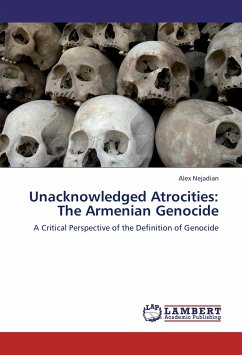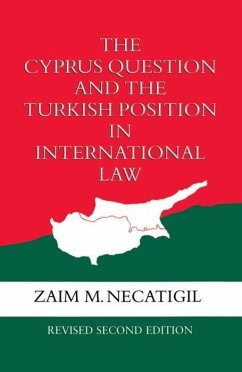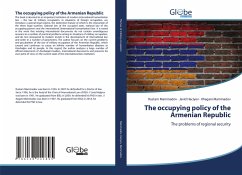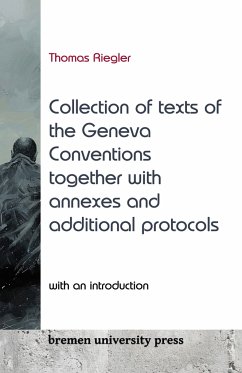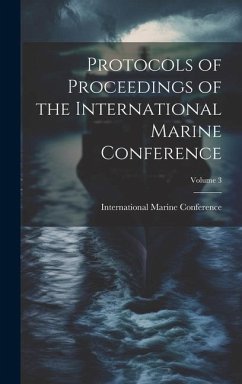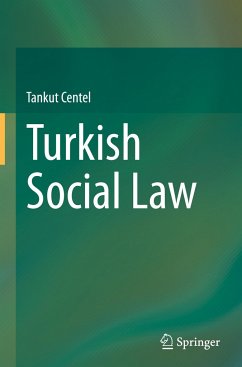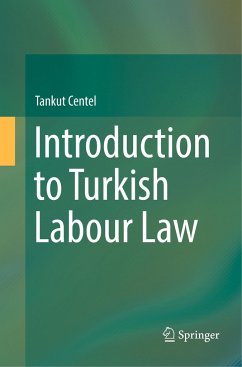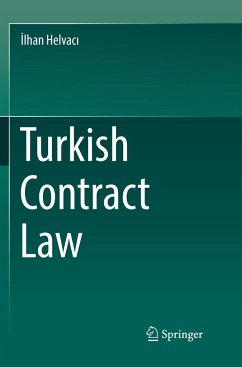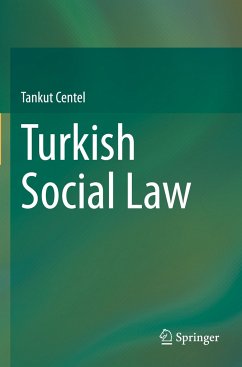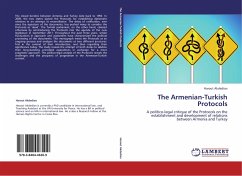
The Armenian-Turkish Protocols
A politico-legal critique of the Protocols on the establishment and development of relations between Armenia and Turkey
Versandkostenfrei!
Versandfertig in 6-10 Tagen
32,99 €
inkl. MwSt.

PAYBACK Punkte
16 °P sammeln!
The closed borders between Armenia and Turkey date back to 1993. In 2009, the two states signed the Protocols for establishing diplomatic relations in an attempt at reconciliation. The delay of ratification, ever since the signature of the documents, has pushed many to consider the Protocols as dead . The Turkish parliament, on the other hand, claimed otherwise by reintroducing the Protocols into the agenda of the new legislature in September 2011. Throughout the past three years, similar fluctuations in approach and assessment have characterized the political processing of the documents. This...
The closed borders between Armenia and Turkey date back to 1993. In 2009, the two states signed the Protocols for establishing diplomatic relations in an attempt at reconciliation. The delay of ratification, ever since the signature of the documents, has pushed many to consider the Protocols as dead . The Turkish parliament, on the other hand, claimed otherwise by reintroducing the Protocols into the agenda of the new legislature in September 2011. Throughout the past three years, similar fluctuations in approach and assessment have characterized the political processing of the documents. This monograph treats the Protocols as an ongoing process and analyzes the documents at two different junctures: first in the context of their introduction, and then regarding their significance today. The study reveals the attempt of both states to sideline their long-standing principled oppositions in exchange for a more pragmatic approach. The politico-legal analysis of the Protocols reveals the challenges and the prospects of pragmatism in the Armenian-Turkish context.



